According to the project's filing, the fuel cells will be installed within the year and will join the solar farm in the same complex that powers the company's Maiden, N.C. data center, the home of iCloud and the Siri voice assistant., reports Greensboro newspaper the News & Record.
The news confirms previous rumors that the Cupertino, Calif., company would adding a hydrogen-based energy solution to its existing 20-megawatt solar farm project, which itself is the largest private solar array in the country.
"That's a huge vote of confidence in fuel cells," said James Warner, policy director of the Fuel Cell and Hydrogen Energy Association in Washington.
The filing also names the company supplying Apple's fuel cells as Bloom Energy, the only firm capable of filling an order of such magnitude. The clean energy solutions company already has Bloom Energy Servers on Apple's Cupertino campus.
The Maiden installation will consist of 24 Bloom units that will extract hydrogen from an undisclosed amount of natural gas provided by Piedmont Natural Gas. In order to be considered a renewable facility, Apple or Bloom will have to produce biogas of its own to offset the natural gas usage, though a provider has yet to be announced.
Apple's project would be ten times larger than Bank of America's 500 kW
Bloom installation in Southern California. | Source: Bloom
A report from the U.S. Energy Information Administration, the cost of using fuel cells comes to about $6.7 million per megawatt, making it one of the most expensive forms of energy production available. This means that Apple's project will cost the company approximately $30 million.
The federal government offers a 30 percent tax break for fuel cell use, though North Carolina currently has no incentives in place for the technology. There is a possibility, however, that Apple may sell some of the electricity it produces to Duke University, which is required by state law to buy power generated from renewable resources. Any deals between Duke and Apple will be done outside the purview of governmental agencies.
 Mikey Campbell
Mikey Campbell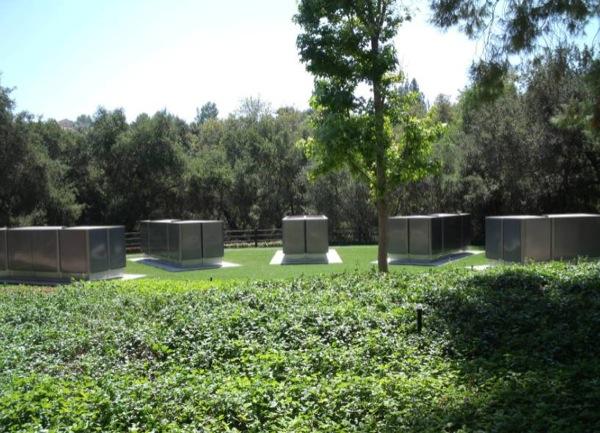






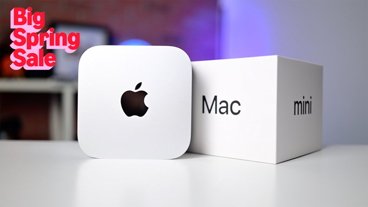
-m.jpg)





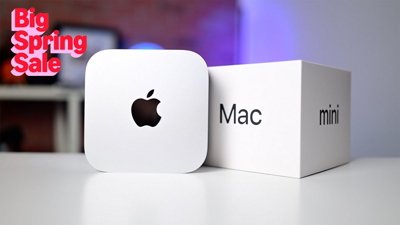
 Christine McKee
Christine McKee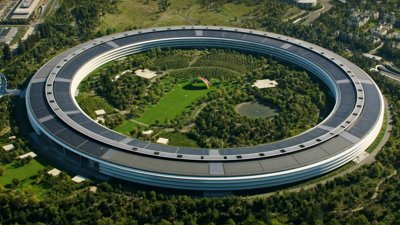
 Wesley Hilliard
Wesley Hilliard
 Thomas Sibilly
Thomas Sibilly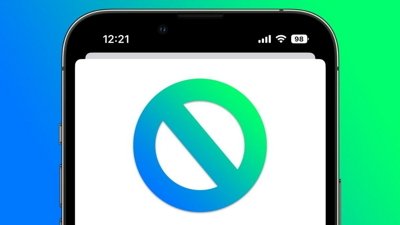
 Marko Zivkovic
Marko Zivkovic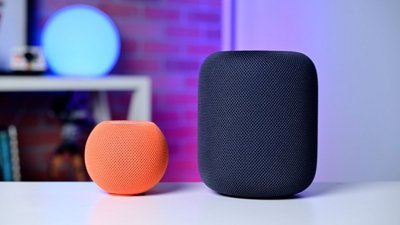
 Andrew O'Hara
Andrew O'Hara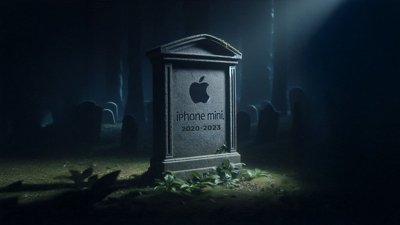
 Amber Neely
Amber Neely
 William Gallagher
William Gallagher









15 Comments
The federal government offers a 30 percent tax break for fuel cell use, though North Carolina currently has no incentives in place for the technology. There is a possibility, however, that Apple may some of the electricity it produces to Duke University, which is required by state law to buy power generated from renewable resources. Any deals between Duke and Apple will be done outside the purview of governmental agencies.
Help me to understand.
Fuel cells turn natural gas into electricity, but cost a lot more than traditional turbines per unit of output. So they are neither cheap nor "renewable" energy.
Duke is required to buy power from renewable sources, so how can it buy power produced by fuel cells?Do fuel cells produce less pollutants than traditional turbine units per mWh? Why else would anybody want to use fuel cells?
The federal government offers a 30 percent tax break for fuel cell use, though North Carolina currently has no incentives in place for the technology. There is a possibility, however, that Apple may [sell] some of the electricity it produces to Duke University, which is required by state law to buy power generated from renewable resources. Any deals between Duke and Apple will be done outside the purview of governmental agencies.
I think the state law regarding a percentage of renewable and lowering of carbon footprint is to be implemented over a period of 40 years.
This is a sustainability statement from the University:
http://sustainability.duke.edu/campu...utilities.html
I do know something about this.
Fuel cells produce essentially no particulate pollution whereas gas turbines do produce some (although gas turbines are far cleaner today than they were in the past). In terms of social costs, even though it is more efficient to locate gas turbine generators near their point of use, thus saving the electrical losses due to transportation and transformation, the location of pollution sources in populated areas negates this benefit. By not producing human-hasardous emissions, using fuel cells restores it. Fuel cells also tend to be more efficient than gas turbines, saving greenhouse emissions and theoretically operating at a lower cost. So it's a win all around.
BUT...
I've been following Bloom Energy and their technology for a few years now. I really want to believe that they've come up with an amazing breakthrough that makes fuel cells practical and affordable. In the absence of any concrete information to the contrary from the company, I've concluded that their energy servers are merely a somewhat more elegant fuel cell than is otherwise available that is heavily subsidized by investor dollars and is being installed for high profile customers (such as Google and Apple) in order to attract more of those investor dollars.
A practical fuel cell would be of tremendous benefit to mankind in general and the information economy in particular since it demands so much electricity in highly populated areas. I'd love to be wrong about Bloom energy but I see them as diverting resources that should be used to develop such a fuel cell towards the illusion of such development.
Help me to understand.
Fuel cells turn natural gas into electricity, but cost a lot more than traditional turbines per unit of output. So they are neither cheap nor "renewable" energy.
Duke is required to buy power from renewable sources, so how can it buy power produced by fuel cells?Do fuel cells produce less pollutants than traditional turbine units per mWh? Why else would anybody want to use fuel cells?
I do hope these fuel cells and other microturbine systems become practical for home use in a reasonable time frame. I'd like to see the public utilities disappear in favor of more reliable and cheaper home or neighborhood-scale power production in my lifetime.
Help me to understand.
Fuel cells turn natural gas into electricity, but cost a lot more than traditional turbines per unit of output. So they are neither cheap nor "renewable" energy.
Duke is required to buy power from renewable sources, so how can it buy power produced by fuel cells?Do fuel cells produce less pollutants than traditional turbine units per mWh? Why else would anybody want to use fuel cells?
I believe fuel cells release oxygen and water as bi-products. There are probably benefits to using fuel cells over other renewable energy if you don't want to store the energy in batteries since solar and wind can't provide a constant output all the time. They would need to produce bio-gas to make it renewable, however natural gas is not so bad for the environment?-especially when used in a fuel cell. I read that it is expected that these fuel cells may get rural customers off the grid saving significant amounts of money in infrastructure. As costs go down, that is the big area for fuel cells.